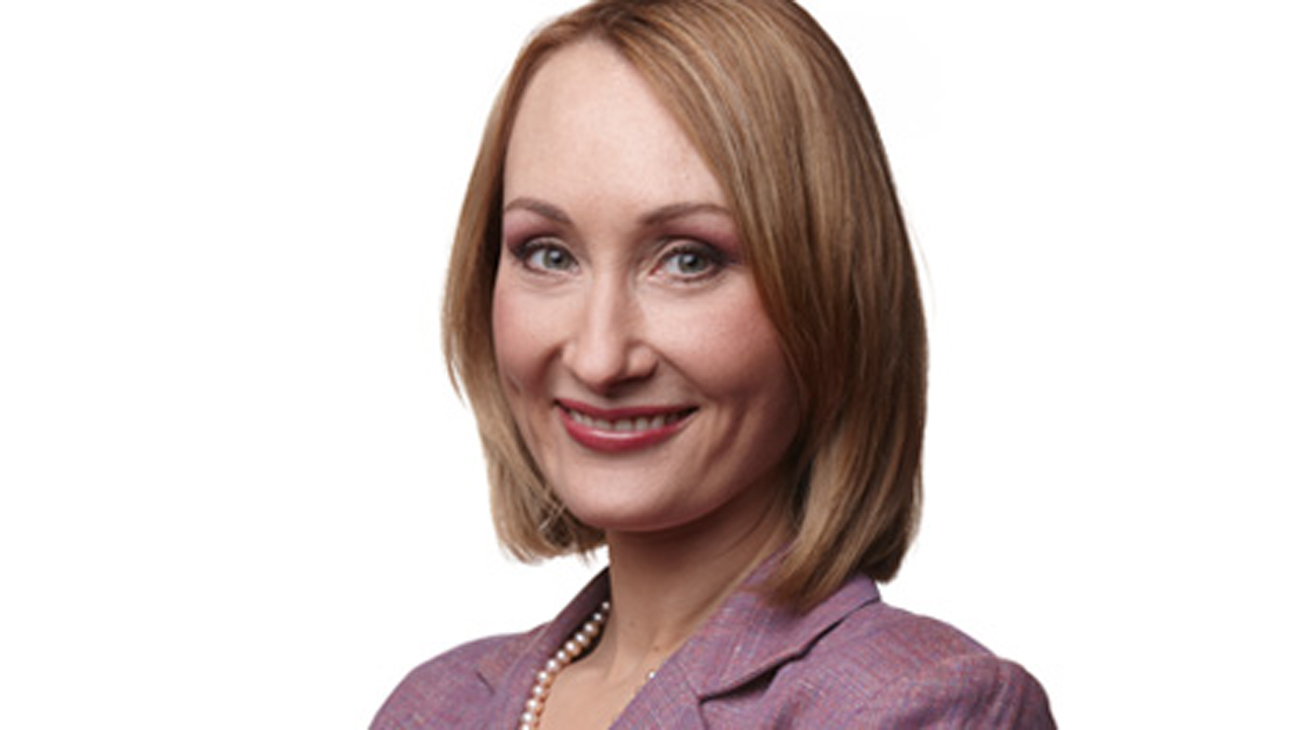There are few people in a better position to talk politics and current affairs than Tasha Kheiriddin. Fluently bilingual, she writes weekly columns for both The National Post and iPolitics.ca about federal and Quebec politics, as well as a wide variety of policy issues including economics, health care, and technology. She provides analysis in English for CBC News Network’s Power and Politics and The National, CBC Radio’s The House, and in French for RDI’s Le Téléjournal and Radio Canada’s Grands Lacs Café, and she is also the co-author of the 2005 bestseller, Rescuing Canada’s Right: Blueprint for a Conservative Revolution. Addressing politics, current affairs, and the economy, Tasha’s smart and polished presentations are not to be missed. Below, Tasha writes on the possibility of a spring election call:
For months, I’ve been thinking that Prime Minister Stephen Harper probably would have been wiser to call a spring election. Conservative poll numbers had been slowly trending up since last fall, when the terrorism issue hit the radar. The NDP had come out with some policy positions that neatly polarized the two parties on security and child care. Liberal Leader Justin Trudeau made an off-colour joke about warplanes and trotted out Tory floorcrosser Eve Adams as the Liberals’ Next Big Thing, to the horror of many in his own party.
And now it’s official: the latest opinion poll shows the Conservatives have opened up a significant lead over the Liberals, for the first time since Trudeau took the helm of his party two years ago. In the wake of last week’s budget, the Tories now enjoy an eight-point advance overall — a ten-point lead among voters aged 45-59 and an eight-point lead among those over 60.
Who’s in these last two groups of voters? Middle-aged taxpayers caught in the crunch between raising kids and caring for elderly parents. They are retirees, or near-retirees. They’re the people who stand to benefit most from the budget — from bigger child benefits, new income-splitting rules, longer caregiver leaves, higher TFSA contribution limits and lower RRIF withdrawal requirements.
Most importantly, they’re the people most likely to actually get out and vote. According to Elections Canada, 64.5 per cent of eligible voters aged 45-54 cast a ballot in 2011; that number rose to 71.5 per cent for those 55-64 and 75.1 per cent for those aged 65-74. Only 38.8 per cent of voters aged 18-24 exercised their franchise in 2011, as did 45.1 per cent of those aged 25-34 and 54.5 per cent of those aged 35-44.
Which explains why the budget was aimed squarely at the middle-aged middle class. This becomes a vicious cycle, of course: If young people don’t see their interests reflected in government policy, they’ll be even less likely to vote. But the Harper government is less concerned with boosting the youth vote than it is with getting re-elected — especially if those younger voters aren’t likely to vote Conservative anyway.
Apparently, though, even younger voters can’t get excited about the Liberals: In the Abacus poll, the Liberals’ numbers dropped in all age categories. The NDP and Conservatives both saw more gains than losses — with the Tories gaining eight per cent among union members, while the NDP lost six per cent in that group.
That latter statistic is mighty strange when one considers that the Tories have been warring with public sector unions for most of their mandate — but maybe not so odd when you recall that they dropped billions of dollars to prop up General Motors during the recession. Perhaps unloading those shares just before the budget jogged people’s memories; perhaps private sector unions are happy about the uptick in manufacturing due to the lower dollar.
Whatever the reason, though, all the Tories want is for union votes to not go Liberal — which would explain why Trudeau is courting the labour vote so aggressively right now.
Provincial politics may be influencing the federal scene. The NDP is surging in Alberta; the latest EKOS poll points to the possibility of an NDP majority government there. One of the factors helping the New Democrats in Alberta is the split in right-wing voter intentions between Wildrose and the PCs — something the federal Conservatives don’t have to worry about.
Spillover from Alberta could boost the federal NDP, making the party the anti-Harper vote of choice in the federal election — and helping the Harper Conservatives by maintaining the vote splits that lifted him to a majority in 2011.
P.E.I. votes May 4, and polls there show the Liberals have lost significant ground to the Tories. While the Liberals are still favoured to win, the gap between the parties eroded from 32 points to nine, according to projections by ThreeHundredEight.com. CBC reports that this result may be a “microcosm” of Atlantic Canada, where the Liberal-Conservative gap has shrunk from 29 to 18.5 per cent overall.
So is it too late for Harper to call a snap vote before the hot weather hits? Not necessarily. Dropping the writ at this point would produce a June election — hardly the dog days of summer. Going before the fixed election date in October would have its advantages for the Tories: striking while trends are in their favour and when Liberals haven’t set out major policy positions. An early vote also would deprive Trudeau of the chance to do what he does best: go to ground all summer long and press the flesh.
But there would be risks, too. A precipitous election jump can go awry in unexpected ways — just ask Jim Prentice. The Duffy trial could explode this month with some juicy revelation tying the whole mess directly to the prime minister. And those enhanced Child Benefit cheques only land in Canadians’ supermailboxes on July 1.
So it’s more likely that Harper will wait until the fall before asking Canadians for a fourth mandate — and hope that his numbers hold.
Tasha Kheiriddin/iPolitics/May, 2015

